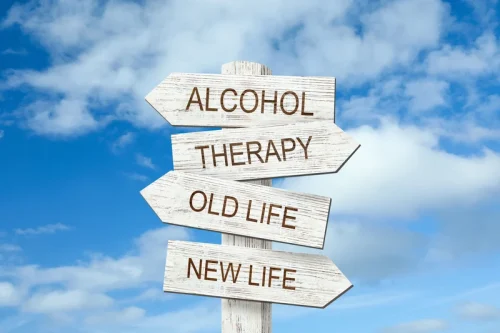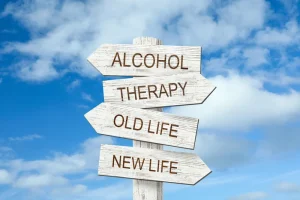Panic Anxiety Attack Hangover: Symptoms & How to Cope

The extra calories consumed often become converted into fat. Mixing alcohol with other substances — including cigarettes — can worsen or prolong a hangover. Mixing drugs and alcohol also increases the risk of experiencing an alcohol overdose. The duration of a hangover is typically between eight and 24 hours but can vary widely depending on a number of factors. While people who consume a lot of alcohol will generally fall into a deep sleep in the early part of the night, later on they’ll shift into a light sleep or even wake up completely. Before the chemical can cause much damage, the body usually breaks it down into another chemical called acetate, which is then converted to water and carbon dioxide and easily eliminated.
How Long Can a Hangover Last? The Science Behind Hangovers

But, even if you stick with the recommended one drink per hour, you might end up paying for it the next day. Hangovers begin Alcoholics Anonymous when your previously raised blood alcohol level drops and nears zero. Dr. Imran Abbasi, DO, UnityPoint Health, offers his advice to help you get on your feet faster. If you’re experiencing the after-effects of a night of drinking and are having hangover anxiety symptoms, it may be helpful to know the symptoms of a typical anxiety hangover. Alcohol is a diuretic that increases the frequency of urination.
Can you take medication for hangover-related nausea?

Instead, it is shorter, disrupts body temperature, and prevents hormone and cortisol release. These are some of the reasons you feel more fatigued when you wake up after a night of drinking alcohol. The sensation of “still feeling high” the day after consuming edibles can also be linked https://ecosoberhouse.com/ to a combination of factors. First, as discussed, the lengthy duration of edible effects can lead to a lingering influence that persists well into the next day. Whether it’s the pounding headache, overwhelming fatigue, or general regret, hangovers can ruin the best of mornings. But how long do these symptoms stick around, and why do some people feel worse than others?
- There’s evidence that reduced sleep after drinking leads to more severe hangovers.
- You’re unable to do the things that you used to before, and you find yourself in a state of emotional limbo.
- How long your symptoms last can also depend on your body’s ability to metabolize alcohol, considering factors like weight, gender, medications, and the amount of food in your stomach.
- But many factors — such as your biology and the amount of alcohol you’ve consumed — might affect how long your hangover lasts.
- If coffee is part of your morning routine, go ahead and have a small cup.
- The experience of a teenager smoking pot in the 1970s is very different from a kid today who is smoking potentially weapons-grade weed for their first experience with the drug.
A Quick Overview of Hangovers
And the more congeners there are, the more likely you are to develop a hangover. According to the National Center for Biotechnology Information, 75% of the general population that drink moderately have frequent hangovers. MAT combines medication with counseling and behavioral therapies to treat alcohol addiction. Drugs such as naltrexone, acamprosate, and disulfiram can help reduce cravings and prevent relapse. Inpatient treatment programs provide intensive therapy and medical care in a residential setting. You’ll receive 24-hour care and support from medical professionals.
Outpatient treatment programs provide counseling and therapy sessions on an outpatient basis. This means you can attend treatment sessions while living at home. These programs are often more flexible and less expensive than inpatient treatment. Hangovers how long can a hangover last can be categorized into several types based on their symptoms and severity. You’ll soon start receiving the latest Mayo Clinic health information you requested in your inbox.


There’s no harm in acting early in addressing potential problem drinking. If knowing the risks of developing physical dependence and the dangers of withdrawal can deter excessive drinking, one might avoid the hangover altogether. In fact, some of the most severe symptoms of withdrawal can continue to develop as many as two or three days after the last drink.

